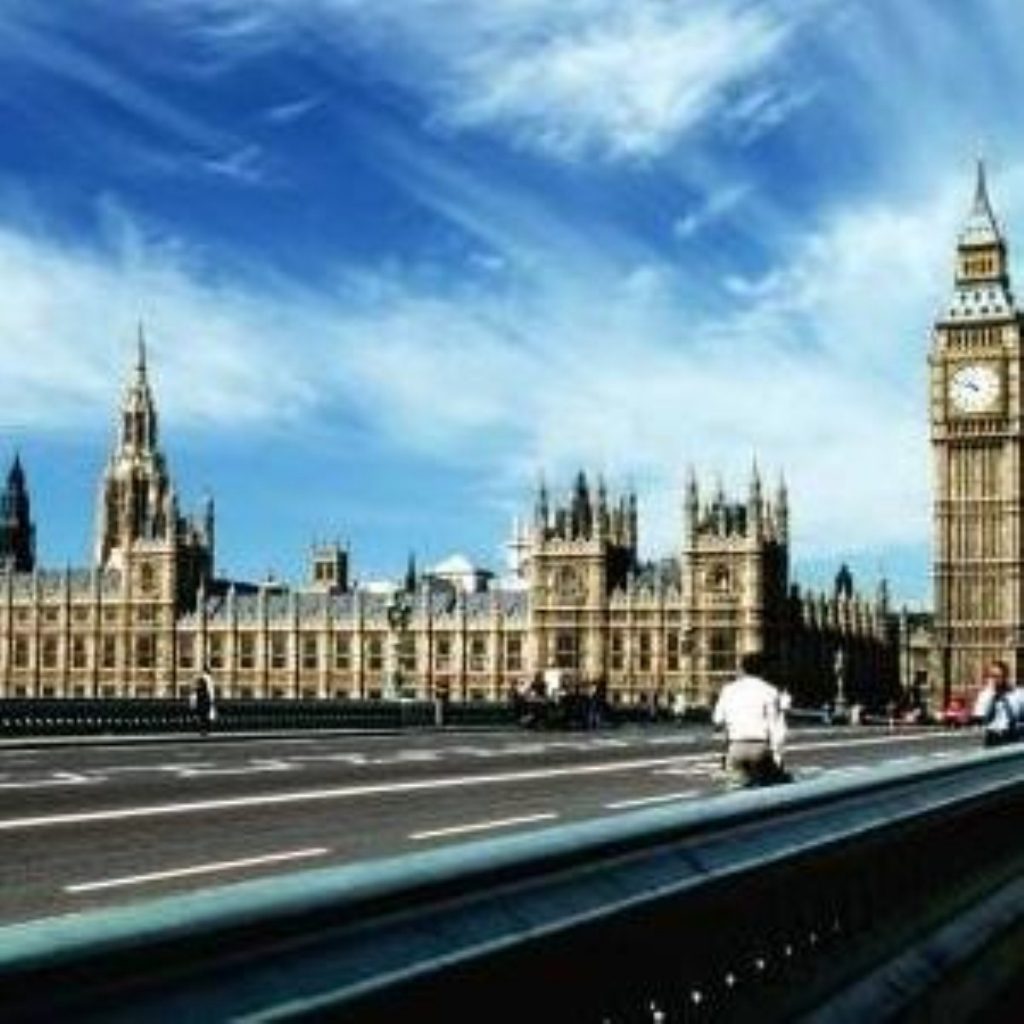PM delivers draft Queen’s Speech
The government will legislate on education, the NHS and welfare reform in the 2008/09 parliament, Gordon Brown has announced.
Delivering the draft Queen’s Speech to the Commons, the prime minister said a banking bill and reforms for agency worker regulation would also feature among the government’s “priorities” in the next session.
The banking bill will provide “the best protection for depositors” while consumers would also be protected against rising fuel prices.
A raft of housing initiatives was then announced, including a £200,000 fund to purchase unsold new homes and rent them to social tenants and a shared equity scheme open to first-time buyers.


Before moving away from finance the prime minister revealed the government would also create a national savings scheme in a savings bill.
Mr Brown then moved on to an education bill, which will seek to raise skills levels in Britain with the key theme that “countries that have the skills and the best education systems will reap the greatest rewards”. Plans to triple the number of apprenticeships were also announced.
On workplace rights, Mr Brown pledged a “major change” so that all workers could be given the right to request time off to train. Flexible working will be extended to parents of older children.
Mr Brown then said “the next stage of welfare reform” would see the unemployed face a duty to have their skills assessed. Further “radical” reforms ensuring no one with the ability to work is trapped in employment are to be consulted upon.
The prime minister revealed a new NHS reform bill will be introduced “to continue the change and renewal of the NHS”. The much-trailed constitution was also mentioned.
“We will take new powers. to ensure no healthcare provider falls below the minimum standards we require,” Mr Brown pledged.
On crime, the prime minister said perception was especially important and that giving citizens a “direct say” would help. Elected representatives at a neighbourhood policing level, cutting police bureaucracy and improving police performance were his proposed answers.
Immigration rules are to be strengthened. All newcomers will have to show they are making an economic contribution to the UK and speak English, Mr Brown said, while airport security is to be strengthened.
He then revealed plans to legislate on protecting historic sites and buildings for the first time in 30 years and said a bill “to protect our seas and our shores” would also be introduced. A path around the whole of the English coastline was proposed.
Constitutional reforms will also be pressed forward, while additional legislation will help “shift power” to communities.
On agency workers, Mr Brown said: “Most people agree it is not fair that even after months in a job, agency workers can currently be paid less than the staff they work alongside.” New rules ensuring fair treatment were promised.
Conservative leader David Cameron responded by saying many of the ideas had originated from his side of the house.
“He can’t really say we haven’t got any substance when he went and put it all in his Queen’s Speech,” the Tory leader said.
Mr Cameron said the government was “running out of steam”, adding: “They are still struggling to implement last year’s Queen’s Speech.
“No solution to 42 days. Still rewriting last year’s Budget – no wonder he wants to talk about next year’s Queen’s Speech,” he said.
“This Queen’s Speech has nothing to do with the long-term needs of the country and everything to do with the political survival of the prime minister.”
Liberal Democrat leader Nick Clegg was also scathing in his response to Mr Brown’s proposals, specifically to their volume.
“If he wants to devolve power, why is he passing so much central legislation?” Mr Clegg asked.
“Another stir of the legislative pot won’t save this prime minister.”









